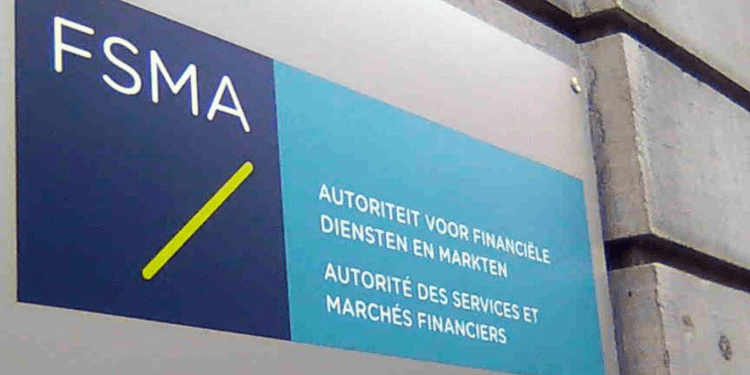- The FSMA recently proposing a new set of rules for advertising cryptos within its jurisdiction
- FSMA Chairman Jean-Paul Servais stated that it was important to protect consumers from taking on too much risk when investing in virtual currencies
- Belgian companies offering virtual currency services must register with the FSMA and notify them of their activities to stay compliant with regulations
Cryptocurrencies have been gaining traction in Belgium, with the Financial Services and Markets Authority (FSMA) recently proposing a new set of rules for advertising cryptos within its jurisdiction. According to a survey by the FSMA, more than 60% of Belgian crypto investors viewed the fall of FTX as only a “temporary correction.”
The new rule would require accurate, non-misleading messaging about cryptocurrencies and mandatory risk warnings. FSMA Chairman Jean-Paul Servais stated that it was essential to protect consumers from taking on too much risk when investing in virtual currencies.
The survey results revealed that 80% of crypto investors in Belgium were male, while only 15% had purchased over EUR 10,000 worth of digital assets. Despite this level of activity, many are optimistic about crypto’s future in Belgium; Foreign Minister Johan Van Overtveldt has recently called for a ban on “speculative poison” cryptocurrencies yet believes they hold no economic or social value.
In a translated tweet, he said, “Another lesson to be learned from the current banking commotion. Enforce a strict ban on cryptocurrencies. Speculative poison and no economic or social added value. If a government bans drugs, it should also ban cryptos.”
In addition to the proposed advertising regulations in Belgium, regulators worldwide have also introduced strict rules for promoting cryptocurrency products and services. The UK’s Advertising Standards Authority (ASA) has taken down multiple fraudulent and cloned crypto ads – including one for a major football club – while India, Thailand, and South Africa have mandated their risk warnings for crypto ads.
At home, Belgian companies offering virtual currency services must register with the FSMA and notify them of their activities to stay compliant with regulations. Although there are still some hurdles to clear before wider adoption is possible, Belgium is taking steps in the right direction toward protecting consumers interested in investing in digital assets.
Crypto Regulations Continue Worldwide
Other countries are also making moves to combat fraudulent crypto advertising. In the United States, the Securities and Exchange Commission (SEC) requires token issuers to register if they sell a security token.
Further, Germany is introducing new tax laws for individuals trading cryptocurrencies. In France, the French National Assembly has voted in favor of stricter licensing regulations for cryptocurrency firms, taking steps to align their laws with the European Union’s proposed standards.
This move is part of an effort to update financial market regulations and ensure that companies operating with cryptocurrencies meet EU requirements. The landscape of cryptocurrency regulations is changing rapidly worldwide, with governments taking active steps toward protecting consumers interested in investing in virtual assets.
Governments around the world are becoming stricter when it comes to crypto due to concerns over fraud and money laundering. With the rise of digital currency investments, many governments are looking to provide consumers with more excellent protection by introducing regulations that ensure companies comply with standards designed to prevent these illegal activities.














